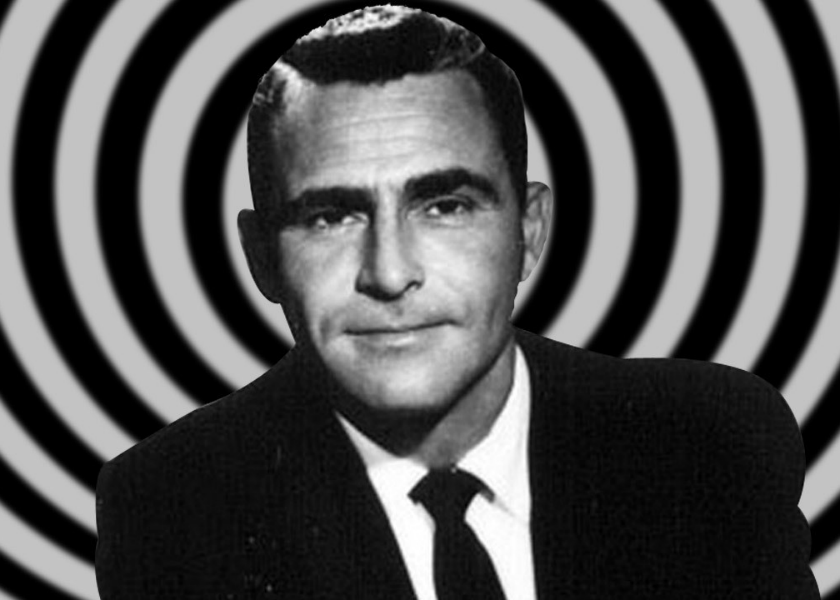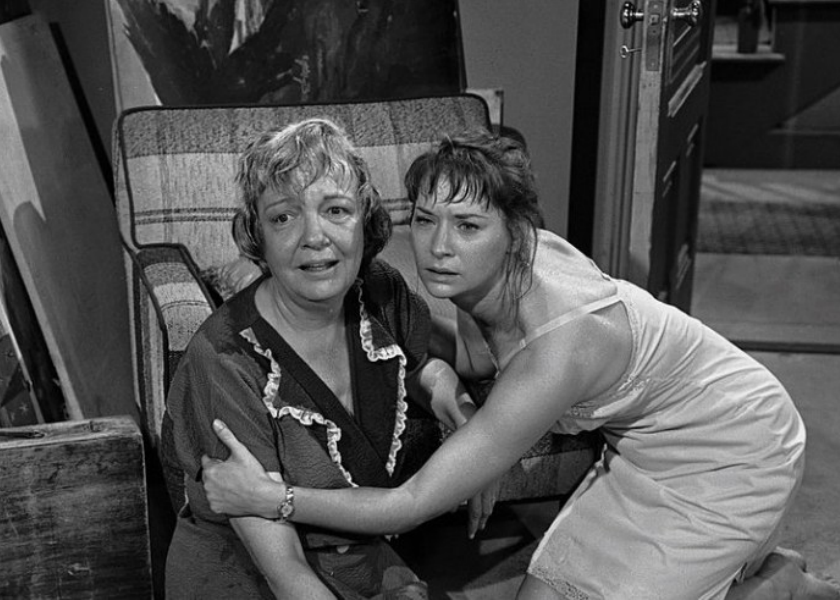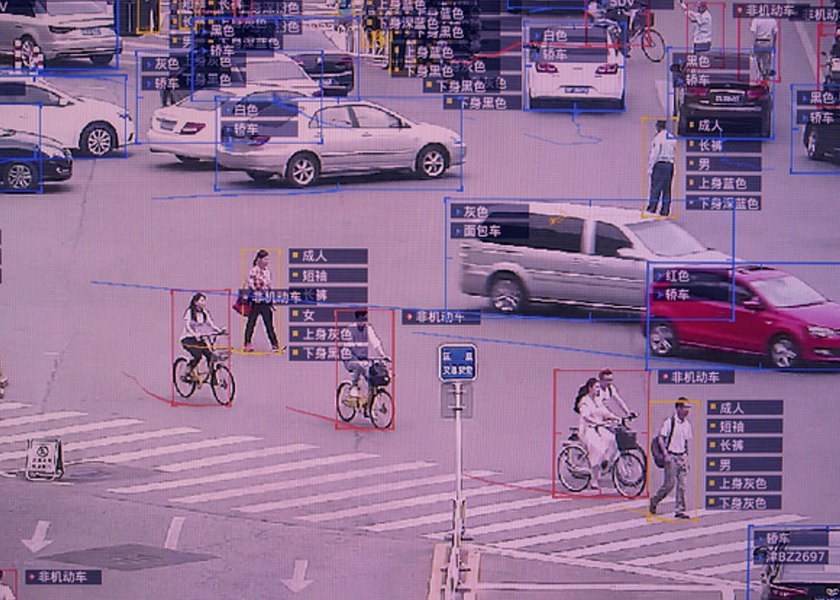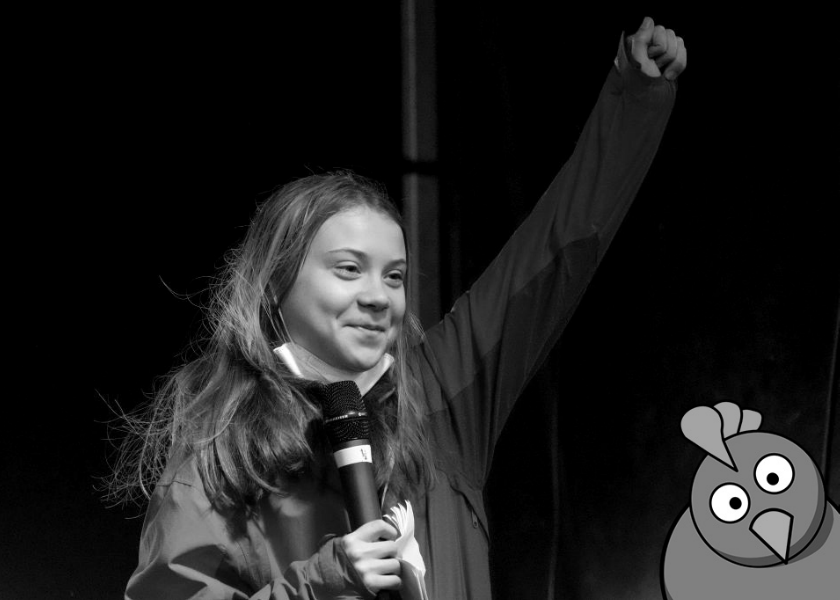Thread
1/ The original iteration of Rod Serling’s The Twilight Zone is perhaps the most iconic television anthology in history. With 156 episodes aired over five seasons (1959-64), the CBS show broke new ground with its unsettling mix of suspense, drama, horror, and moral provocations.
2/ The show was meant to make viewers ponder deep philosophical questions by making them uncomfortable. Contrary to the belief that weaponized clickbait is the key to durable engagement, people enjoy being made to think, and Serling tapped into this desire with brilliant flair.
3/ In the 10th episode of the third season – The Midnight Sun – a prolific artist (Norma) and her elderly landlady (Mrs. Bronson) find themselves in an existential crisis: Earth has suddenly changed its orbit and is hurtling ever closer to the sun.
4/ As the last residents in their New York apartment building, the pair are sweating out their final moments when confronted by a desperate looter looking to quench his ultimately unquenchable thirst.
5/ In a twist of perspective, the viewer learns that the entire episode has been a fever dream, and Norma wakes up to discover that Earth is moving away from the sun. Her imminent demise will be the result of global cooling, not warming.
6/ The episode was designed to demonstrate Earth’s fragility, couched in the context of a cold war threatening to turn hot and looming large in the collective attention of the day. One wonders whether a modern reenactment of The Midnight Sun would be censored on YouTube.
7/ In another episode – It’s a Good Life – Serling introduces the viewer to Anthony Fremont, a young boy who abuses his exceptional mental powers – including the ability to read minds – to isolate his town of Peaksville, Ohio, and return it to the dark ages.
8/ Residents of Peaksville must grow their own food and make essential supplies by hand, an inefficient set of tasks made all the more challenging under each of Anthony’s new edicts. They must also refrain from criticizing him, even in thought, lest they suffer his deadly wrath.
9/ Despite Anthony’s destruction, the adults never rise against him. The episode ends with the town still stuck in its predicament as Anthony’s father meekly affirms that “tomorrow’s gonna be a real good day.”
10/ With its heavy focus on utopian themes and bizarre situations, The Twilight Zone would have no shortage of material to work with using today’s news flow for inspiration. A modern-day Serling would undoubtedly provoke his own cancellation in short order.
11/ The partnership between monopolistic technology companies and governments with totalitarian instincts often leads to the insistence that blatantly wrong policy ideas are “good” despite clear and convincing data that proves precisely the opposite.
12/ This same partnership enables governments to preemptively silence dissent with little regard for fundamental human rights, all while proclaiming such moves are done in the name of preserving those very same rights. As it turns out, Orwell was an optimist.
13/ With the help of Western technology companies and under the direction of Xi Jinping, China has dissolved into a horrific surveillance state. The dystopian nightmare of government officials knowing literally everything about your life has now been realized.
14/ As increasing numbers cheer encouragingly at similar developments in their own democratic nations – naively assuming the precedents set today won’t boomerang back on their architects in due course – one can envision a salivating Serling framing out his shot.
15/ Last year, YouTube CEO Susan Wojcicki – who has no scientific training whatsoever – bragged at a World Economic Forum (WEF) meeting in Davos about her efforts to stifle free speech. The powerful company announced it would demonetize all videos skeptical of climate change.
16/ Melissa Fleming, under-secretary-general for global communications bragged last month about how the UN has partnered with Google to manipulate search results on climate change. “We own the science,” said Fleming, who also has no meaningful scientific training.
17/ PayPal, which has a long history of abusing its power to censor speech it doesn’t like, recently warned it would fine users $2,500 for “spreading misinformation.” The company has quickly backtracked, trying to pretend this was all an innocent mistake. Misinformation indeed.
18/ It would be slightly harder to rail against such totalitarian instincts if those expressing them occasionally got a policy decision correct. Instead, we in the West find ourselves rolling from one self-inflicted crisis to another.
19/ To wit, consider the pretzel the Greens in Germany are twisting themselves into as they confront a desperate energy crisis. Instead of reversing its insane stance against clean nuclear energy, Germany is turning back to burning coal. Will PayPal delete their accounts?
20/ If you have made it this far and you think this is a thread about climate change, you would be mistaken. We have not written about the topic directly and the odds that we will in the future are low. Our focus has been on critiquing society’s response to climate concerns.
21/ We focus on the likely consequences to humans if we get the transition wrong, advocating for a bigger role for nuclear power in our collective energy future, and promoting what we believe are smart policies that manage to obvious constraints while enabling humans to flourish.
22/ How long until the things we have written are labeled misinformation, unsuitable for a platform as influential as Substack? Never mind that our subscribers have proactively chosen to hear our views, routinely critique what we write, and are otherwise free-thinking people.
23/ Despite our best efforts to express authentically held views in a civil manner and to back those views with data, we suspect it won’t be long. The creeping incrementalism of the surveillance state will mean ever more topics are considered off-limits.
Mentions
See All
Josh Wolfe @wolfejosh
·
Oct 15, 2022
Awesome thread.





